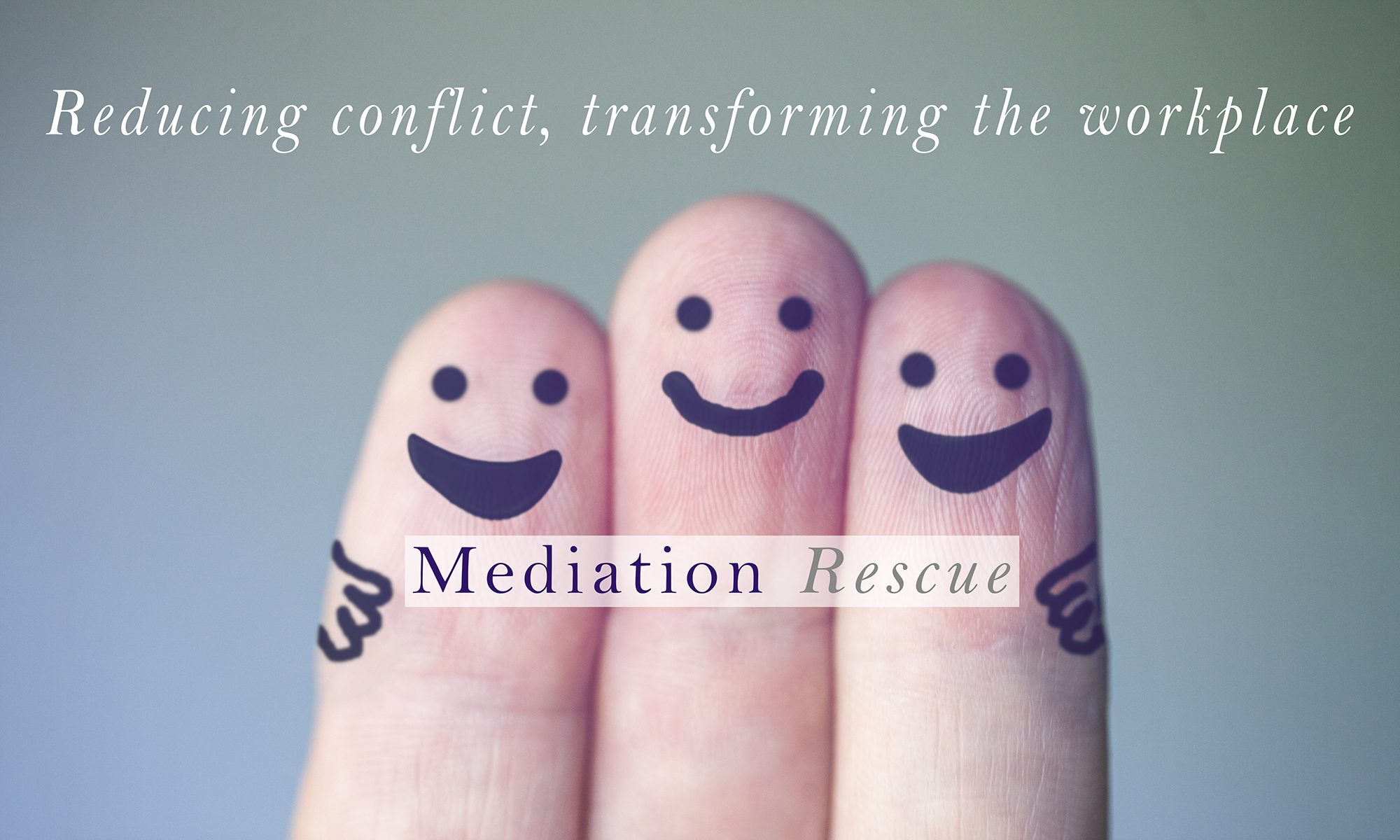Well, obviously that wouldn’t be referring to any of us! However, it is a question posed by a blog post on the Harvard Law School’s Daily Blog from its Program on Negotiation. While the article suggests that it is probably better to have a mediator with a warm empathetic style, it does also suggest that an aggressive or difficult mediator might not always be a bad thing either. It conjectures that it may lead to the warring parties collaborating with each other to defeat the common enemy, namely the mediator! Although one may be able to understand the logic of that approach, the best lesson to draw from the article is probably to take a lot of care about choosing the right mediator. This will be the topic of the next article in this blog.
In the meantime, it is always worth bearing in mind that thinking that someone is ‘difficult’ is often just a reflection of a perceived imbalance of power as between yourself and that other person. If you begin to recognise and address the power imbalance, you will often find that the ‘difficult’ person becomes much more manageable.










